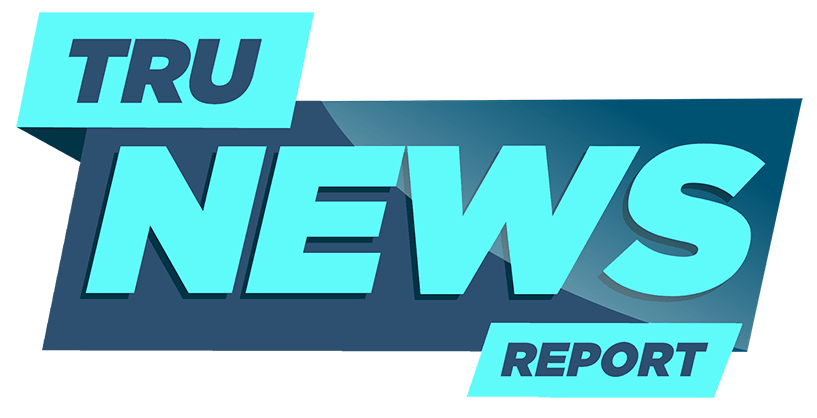
Since there are so many parties involved in Ghana’s external debt-restructuring negotiations, the Economist Intelligence Unit (EIU) warns that board approval from the International Monetary Fund will be postponed until after these issues are resolved.
Ghana is expected to secure restructuring agreements on its public external debt during 2023–2024, involving both official and private creditors, according to the UK-based company’s 2023 Country Report on Ghana. These will include deferrals of payments, longer terms, and lower interest rates.
“We expect official creditors to agree to a deal in 2023, and this, combined with the domestic debt restructuring that has already been secured, should provide enough reassurance to reduce Ghana’s risk of debt distress and allow the IMF to approve the agreed programme”.
“However, there is a material risk that IMF board approval will be delayed owing to prolonged external debt-restructuring negotiations, given the involvement of multiple stakeholders in the process”, it cautioned.
In May of 2023, the IMF’s support programme was expected to begin, although it was met with a variety of optimism.
Beginning in early July 2022, Ghana requested an ECF programme from the International Monetary Fund (IMF) due to the country’s unsustainable debt levels, rising debt-service costs, badly devalued currency, and massive twin fiscal and current account deficits.
The government reached a staff-level agreement with the IMF on December 12, 2022, for a three-year, $3 billion ECF arrangement, making possible the local currency debt swap announced by the government in early December 2022 and confirmation of plans to launch an external debt-restructuring programme.
The country then announced in mid-December that it would stop making payments on most of its external debt, paving the way for a debt restructuring.
President Nana Akufo-Addo recently asked the World Bank and the International Monetary Fund (IMF) for concessionary loans to help stabilise the economy. This is a loan with better terms than the borrower would be able to get in the market. The concessionary terms may include a reduced interest rate and/or deferred repayments.
In a meeting with the Director General of the World Trade Organisation, Ghana’s President Akufo-Addo expressed that the country’s current economic situation makes it challenging to access the financial market for borrowing.
How Much Is The IMF Bailout To Ghana
The International Monetary Fund (IMF) agreed to lend $3 billion to Ghana in an effort to stabilise the country’s economy and support its debt restructuring plans.





